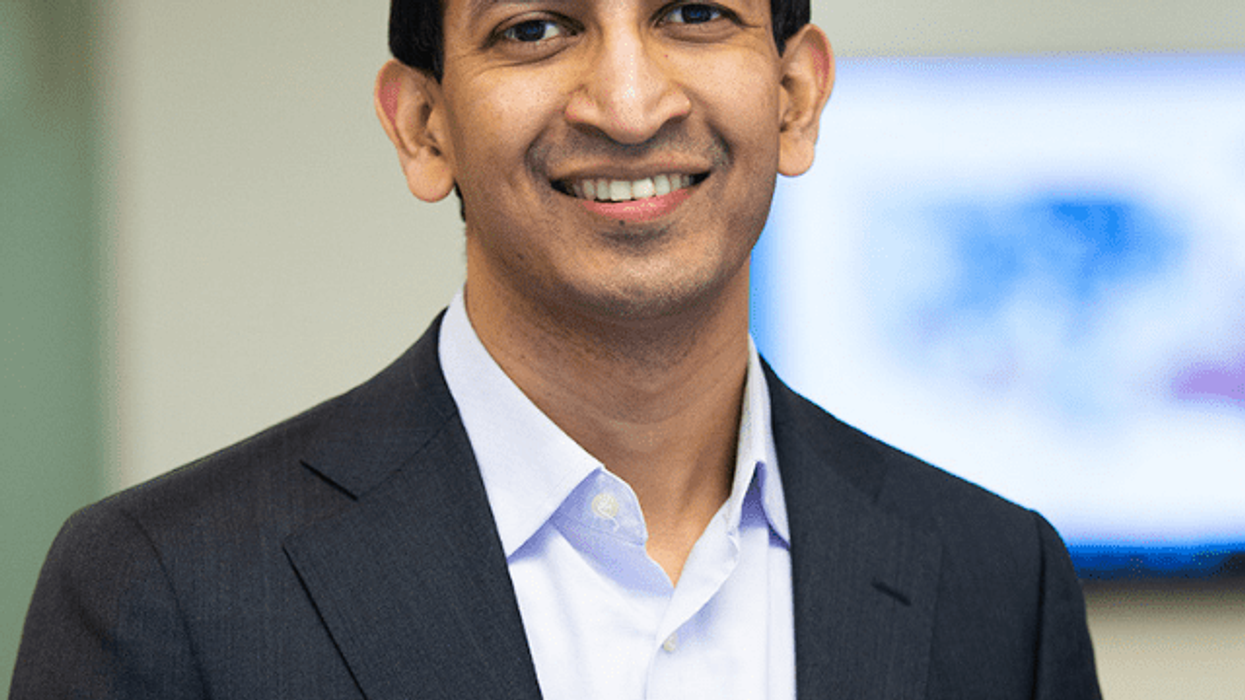INDIAN AMERICAN economist Raj Chetty has been awarded the coveted George Ledlie Prize for wielding big data to break myths about who achieves the American Dream and the obstacles faced by others.
Along with Chetty, Biologist Michael Springer, professor of systems biology at Harvard Medical School, who created a better, faster Covid test system to help deal with the spread of the disease, was also honoured with the coveted award.
Springer also helped design and operate the new Harvard University Clinical Laboratory (HUCL), which managed testing and samples.
Chetty, Professor of Economics at Harvard University is also director of Opportunity Insights, a group of economists based at Harvard who study inequality.
“Raj’s groundbreaking work on economic mobility and his efforts to share this data with policymakers are making the American Dream more accessible to all,” said University Provost and chief academic officer Alan M Garber.
“Mike and Raj are distinguished researchers who have greatly advanced their respective scientific fields. But they are also committed to improving the well-being of other people, now and in the future,” said Garber.
Chetty said he became interested in this work because of his own background coming to the US from India with his parents when he was nine years old. He said he saw the disparities not only between New Delhi and the US but also between himself and his cousins.
“My parents, who grew up in very low-income families and villages in South India…the opportunities they had were greatly shaped by the fact that they happened to be the ones who were picked to get a higher education in their families," he said.
Chetty added that it was common at that time in developing countries that a family would pick only one child to get advanced education because they couldn’t afford to educate all the kids.
“And it so happened to be that my mom was the one chosen in her family, and my dad was the one chosen in his family,” he said.
“And I could kind of see how that’s played out through the generations in my own family, through the opportunities my cousins have had versus what I’ve had… ending up here at Harvard and the various opportunities I’ve had, I felt have stemmed from that.”
Chetty said one of the most impactful outcomes they have been able to observe is the role geography plays in children’s outcomes.
“There are some places in America where kids with the exact same background have much better chances of rising up,” he said. “There are other places where they look much worse. So that was interesting in and of its own right, because it teaches you something about the origins of economic opportunity, that it really matters where you grow up. It’s about your community, schools, and neighbourhood."
Chetty’s earlier work focused on the fading American Dream, neighbourhood variation, and the role of childhood environment as a key driver of economic mobility.
He has since gone on to explore other factors, including the role of racial disparities and social capital and connections. This has led to research on public-policy levers — reducing racial and economic segregation, investing in place-based policies, and strengthening higher education — to increase equity and opportunity.
Chetty notes that already, real-world impacts are being seen from this research. For one, the Housing and Urban Development Agency has redesigned some affordable-housing policies to increase access to higher-opportunity neighbourhoods, and several cities have undertaken new job-training programmes as part of broader place-based initiatives.
(PTI)





